
Getting More Bass In Your Mix
Do you want your bass end to sound bigger, fatter, louder and meaner? Paul White explores some of the options.
To find the exact phrase, put the words in quotes or join them together with a plus sign e.g. live+recording or "live recording".
To find, say, all live recording articles that mention Avid, enter: live+recording +avid - and use sidebar filters to narrow down searches further.

Do you want your bass end to sound bigger, fatter, louder and meaner? Paul White explores some of the options.
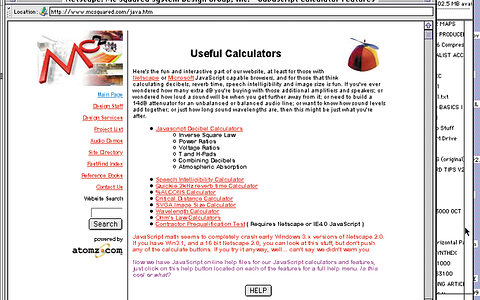
The Internet was originally conceived as a resource for sharing information — and there's still quite a lot of it out there among the Star Trek sites and pirated MP3s, if you know where to look.

Martin Walker answers some of the most common queries about setting up and using your soundcard, and achieving the best audio quality.

First seen on their Rebirth software synth, Steinberg/Propellerhead's Rewire technology not only provides a means of getting software from multiple manufacturers to work together, it also arguably makes the 'studio-in-a-PC' a workable reality for the first time. Martin Walker unravels its complexities...

Attaching several different applications to a single MIDI or Audio device can be very useful — once you've worked out how to do it! Martin Walker guides you through the procedure and points out the varied uses of the multi-client approach.
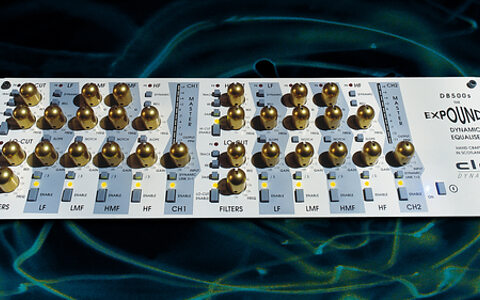
Nice 4-band equalisers are not uncommon, but this one includes dynamic filtering and equalisation in a bid to lift it above the competition. Hugh Robjohns finds out what 'expounding' can do for your mixes.

Paul White discovers a sensibly priced CD recorder capable of handling any type of recording sessions without throwing a tantrum.
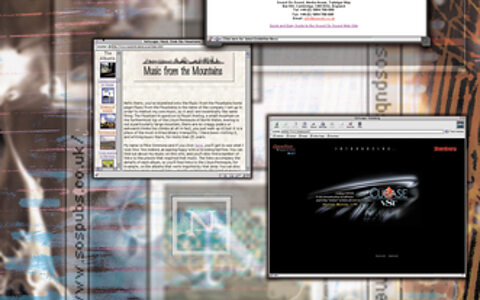
Mike Simmons ties up some loose ends with some words on browser compatibility, a look at other Internet music other than Real Audio, and a brief guide to using frames on your site.

Swedish company Elektron have taken the retro philosophy to new heights, with a synth based around the original SID sound chip from the Commodore 64 home computer.

As Parts 4 & 5 of Gordon Reid's series showed, even the simplest analogue filters mess with your sound in complicated ways. In this Part, he considers what happens when you make the design more sophisticated...

Roland's sophisticated, yet highly affordable SRV3030 is the latest contender in the competitive market for dedicated reverb units. Paul White tries it out.
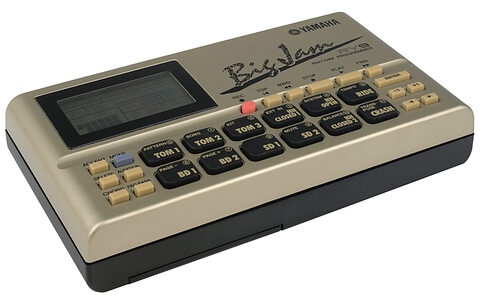
Despite its size, this diminutive drum machine packs in a decent sound set and some interesting guitar‑oriented features.

Paul Sellars goes back to a time when minimalism ruled in synth design...

Drawmer are the latest hi-tech analogue equipment manufacturers to enter the digital world of all-in-one mastering solutions. Paul White finds out how well they've pulled it off.

Can these new digital interpretations of classic analogue filters and vocoders really offer something new?
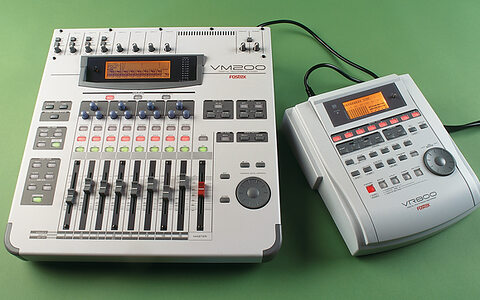
We get our hands on Fostex's latest affordable digital recorder — and the company's first ever stand‑alone digital mixer.


It's shiny and colourful, it's equally at home in the MIDI studio or between the turntables in a club, and as effects processors go it's very, very clever. Paul Farrer prepares to enter Federation territory...

GM synths have a reputation in hi-tech circles for being dull and samey, but they're undeniably popular — and now the specification has been updated. Derek Johnson & Debbie Poyser take a look at the first of the GM2 generation.

With more and more software synths appearing for both Mac and PC, it takes something a little special to make people sit up and take notice. Martin Walker looks at a product that should do just that.